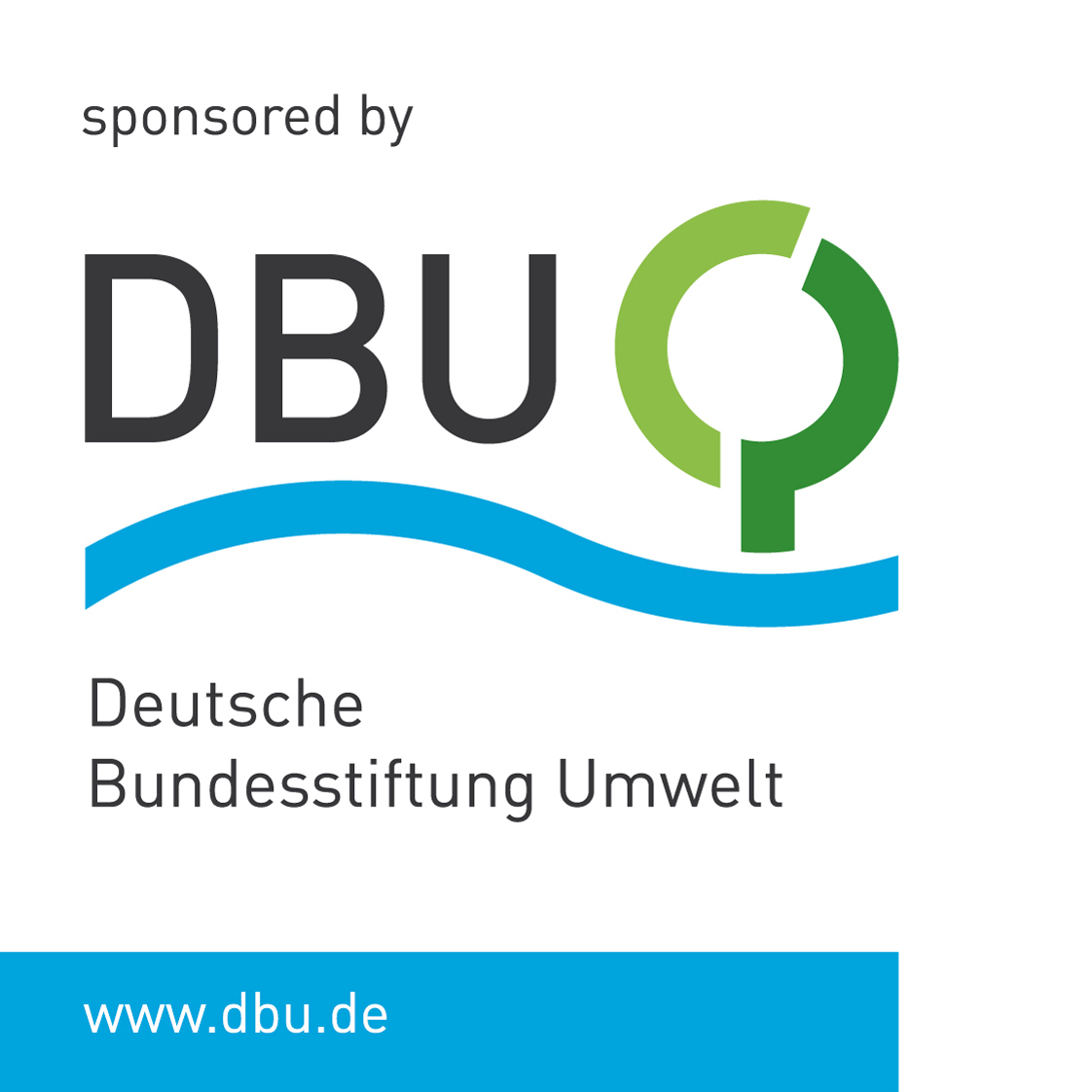KREISRAD - End-of-life strategies for light electric vehicles within a digitalised circular economy, using e-cargo bikes as an example
KREISRAD – End-of-life strategies for light electric vehicles within a digitalised circular economy, using e-cargo bikes as an example
The KREISRAD cooperation project aims to establish and optimise the recyclability of light electric vehicles (LEVs) using the example of electric cargo bikes. To this end, various end-of-life strategies (EoLS) are being investigated and evaluated in comparison with life-extending measures in order to reduce the environmental impact of e-cargo bikes and, through transferability, that of other LEVs. LEVs such as e-scooters, e-bikes, e-cargo bikes and e-mopeds are playing an increasingly important role in urban road traffic. Whether LEVs represent a sustainable alternative to other modes of transport depends largely on the usage and service life of the vehicles. The selection of suitable EoLS can significantly reduce environmental impacts. In order for companies to implement resource-efficient and climate-friendly business models, strategies and products, the research and data base must be established, expanded, prototypically implemented and made publicly available.
Partners and Funding
The KREISRAD project is a collaborative project between the Sustainable Technologies Laboratory at Bochum University of Applied Sciences, muli-cycles GmbH, elorec GmbH and the Chair of Reliability Engineering and Risk Analysis at the University of Wuppertal. It is funded by the Deutsche Bundesstiftung Umwelt.
Project lead

Project duration: 01.10.2025 – 31.03.2027
Funding provider: Deutsche Bundesstiftung Umwelt
Funding amount: 290.447 € (69.976 € for the Sustainable Technologies Laboratory)


